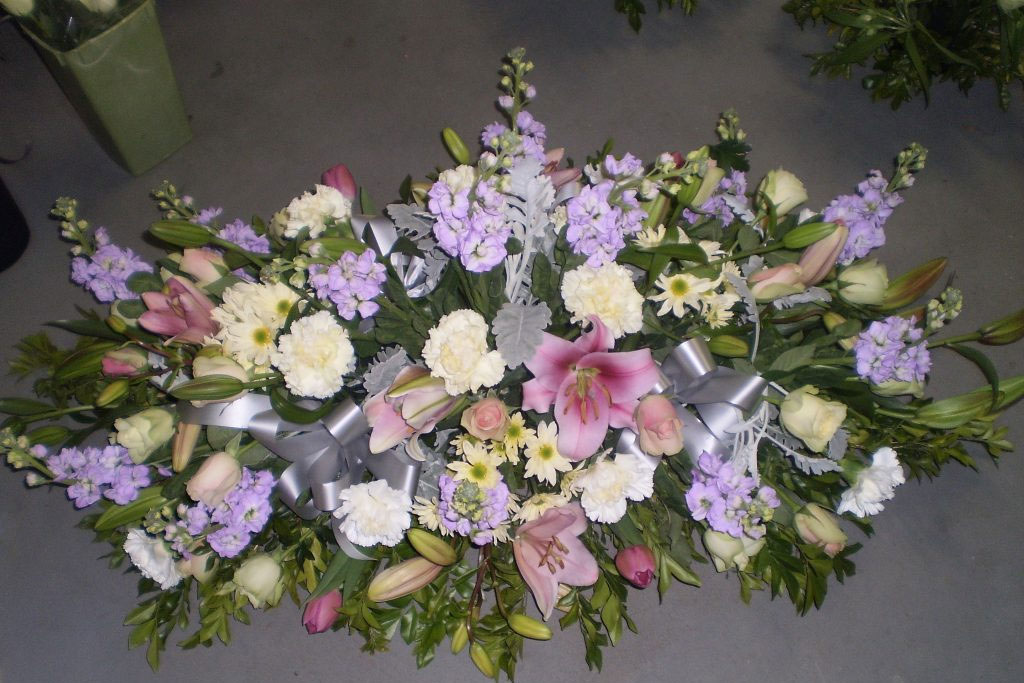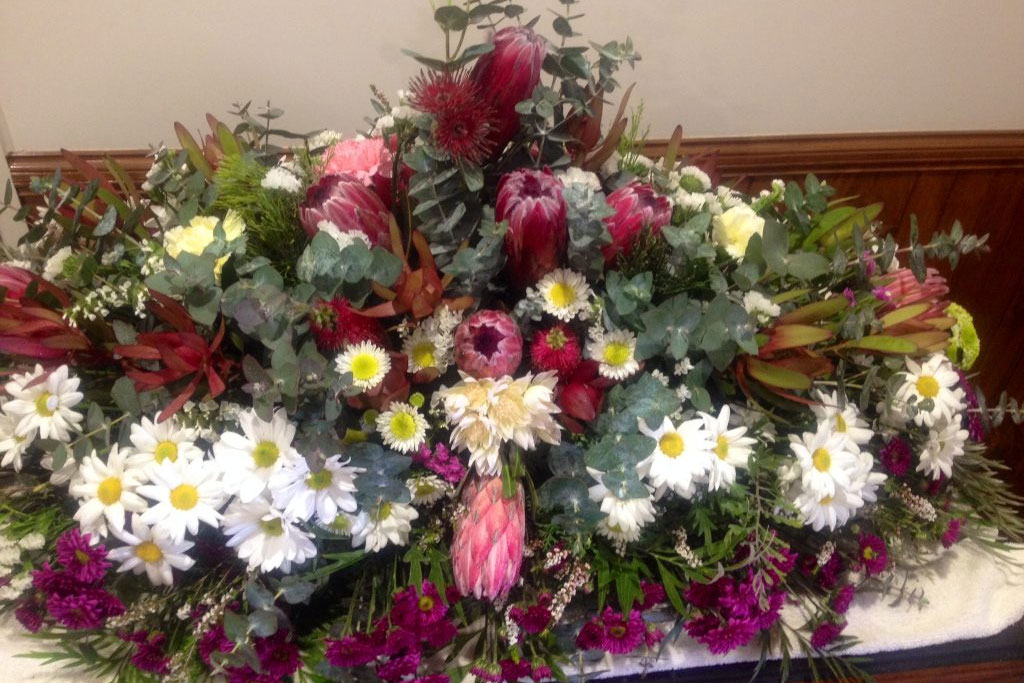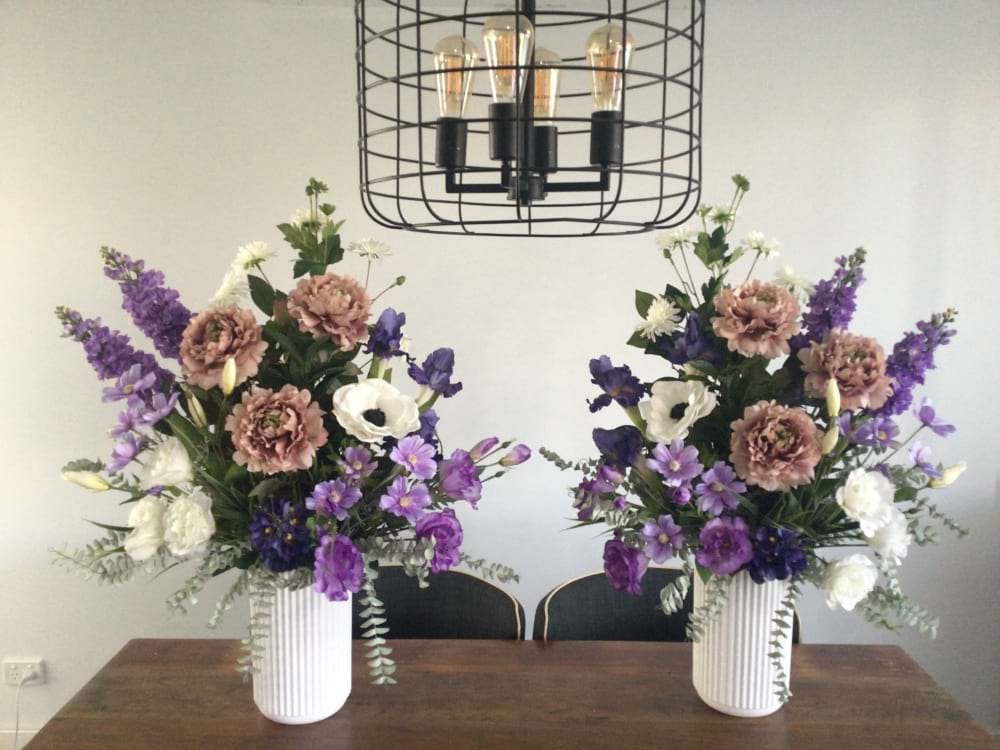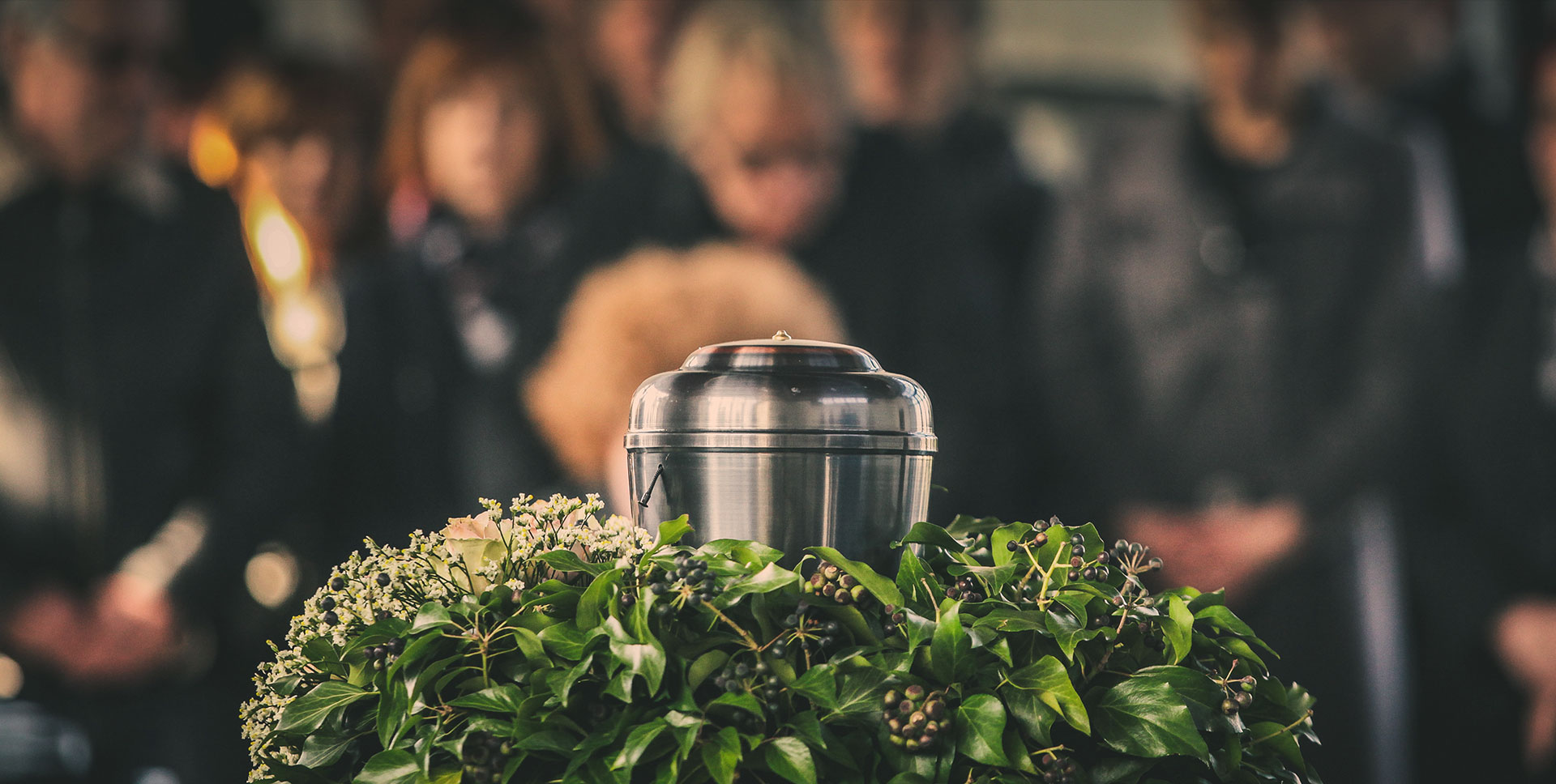
Resource Centre
Clear guidance, downloadable forms and local contacts to help you through.
Jump to section
Forms and Applications
Please click on the links below to download the forms:
Application for Permission to Cremate

Centrelink
The Commonwealth Government, through Centrelink, provides financial assistance towards the costs involved in the funeral of a pensioner.
Contact your Local Centrelink Office (click here to find your local office) or Phone: 132 300.
Department of Veterans Affairs
If the deceased was a returned serviceman, or woman, the Department of Veterans Affairs may assist with funeral and other benefits.
259 Queen Street, Brisbane. 4000
Phone – Local: 133 254
Phone – Regional: 1800 555 254
Postal Address: GPO Box 9998, Brisbane. 4001
Other organisations that may provide information and assistance include private health funds, unions and superannuation funds.
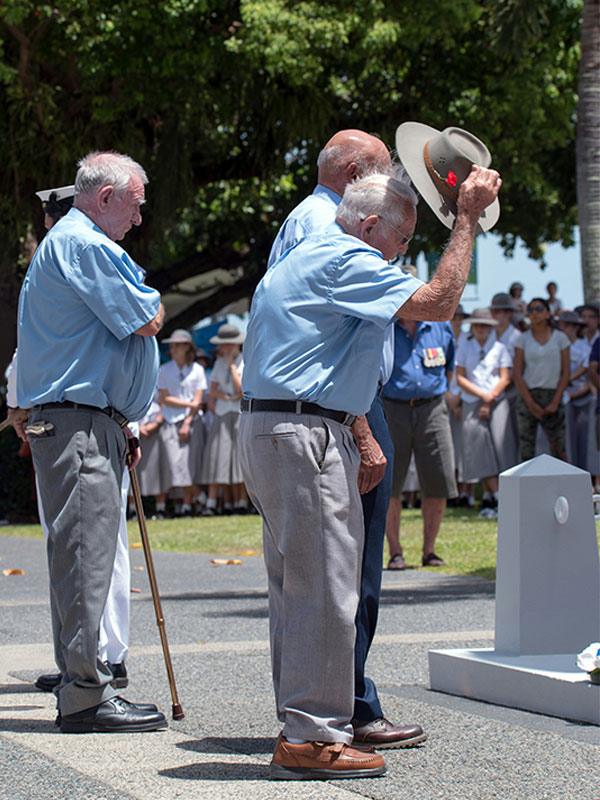
Community Information – Telephone numbers
| Company name | Telephone number |
| AGED CARE MONTO INC. (RIDGEHAVEN) | 07 4166 1082 |
| BIGGENDEN HEALTH SERVICES | 07 4127 6400 |
| BLUECARE EIDSVOLD | 07 4165 1472 |
| BLUECARE GAYNDAH | 07 4161 1787 |
| BLUECARE MUNDUBBERA | 07 4165 4163 |
| BURNETT INLAND ECONOMIC DEVELOPMENT ORGANISATION | 07 4169 7851 |
| CARERS QLD | 07 4124 0922 |
| CENTRAL & UPPER BURNETT DISTRICT HOME FOR THE AGED (Gunther Village) | 07 4161 3699 |
| EIDSVOLD MULTI-PURPOSE HEALTH SERVICE | 07 4165 7100 |
| GAYNDAH HEALTH SERVICE | 07 4161 3500 |
| LEGACY | 07 4122 4640 |
| LIFELINE | 07 4153 8400 |
| MONTO & DISTRICT NEIGHBOURHOOD CENTRE | 07 4166 1733 |
| MONTO & DISTRICT RSL | 07 4166 1243 |
| MONTO HEALTH SERVICES | 07 4166 9300 |
| MONTO MEDICAL CENTRE | 07 4166 1166 |
| MT PERRY SUB BRANCH RSL | 07 4156 3369 |
| MUNDUBBERA HEALTH SERVICE | 07 4165 5200 |
| MUNDUBBERA SUB BRANCH RSL | 07 4165 4817 |
| NORTH BURNETT REGIONAL COUNCIL | 1300 696 272 |

Community Information – Website addresses
Australian Centre for Grief and Bereavement
www.grief.org.au
The Compassionate Friends-Supporting Family After a Child Dies
www.compassionatefriendsqld.org.au
Survivors of Suicide Bereavement Support
www.sosbsa.org.au
eBooks
We are committed to providing you and your family with as much information as possible and as such have created these informative eBooks that are available for free to download.
It is hoped that by providing this information, loved ones will be spared from potentially difficult decisions at a troubling time. It may also serve to reassure you that the funeral service that you are arranging is as your loved one would have wanted.
A time to plan eBook
In the event of the death of your loved one, this eBook can be used to record information about your loved one to help family members organize the funeral. The information collected will help ensure that the funeral service is carried out in line with your loved one’s wishes.
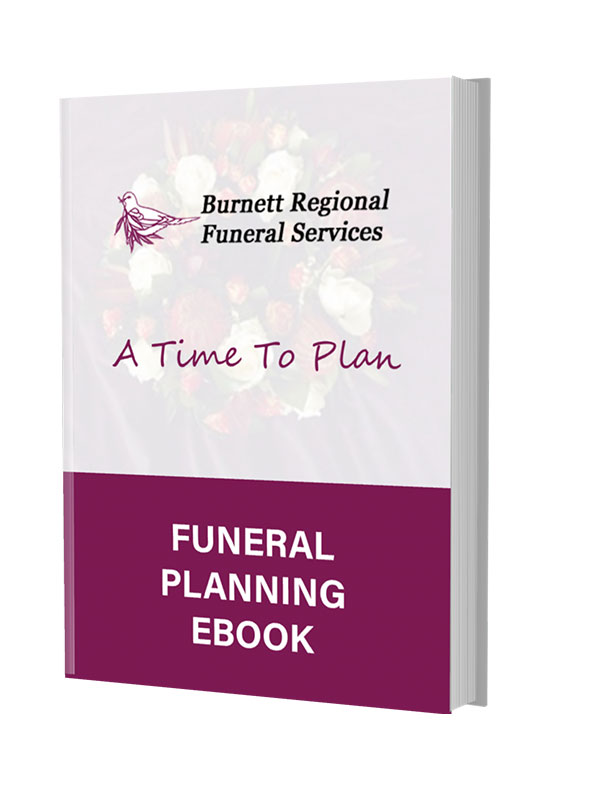
Your Story Booklet
You will never know the value of your words … but others will. Tell your legacy to the ones you love by completing this booklet. A lifetime of memories for those who will need it most.
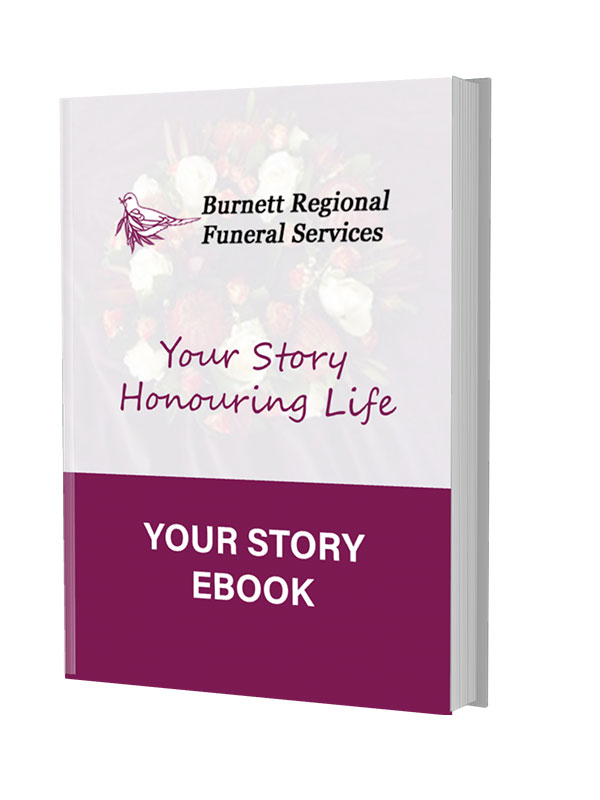
Your Goodbye Booklet
A funeral is not a fuss; it’s saying goodbye with dignity and purpose, a symbolism of our love and a meaningful life event. Help your family prepare for your funeral by filling in this eBook to let your loved ones know your wishes.
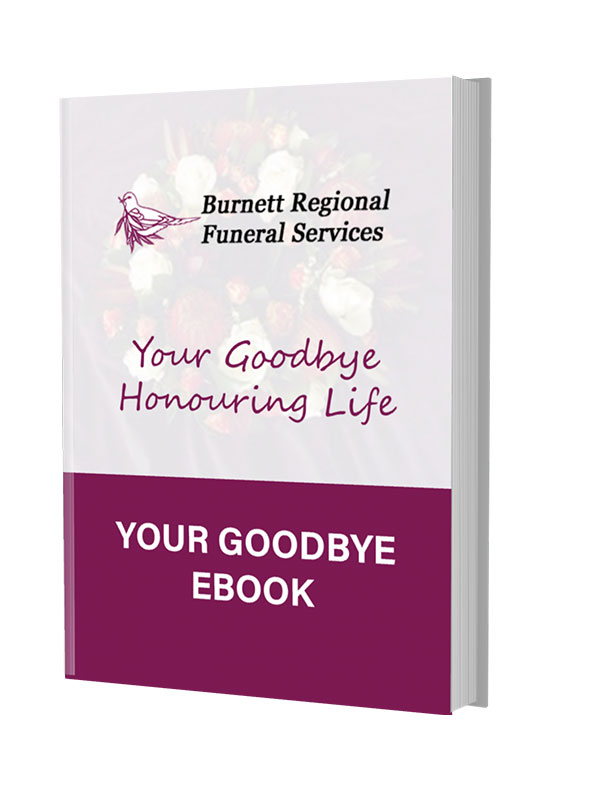
Remember, a funeral is held principally for your benefit – not your loved one. Take comfort from the ceremony and allow yourself this precious opportunity to grieve and grow through your loss.

Monumentalists
Austral Monumentals
Supply and install of headstones in the Bundaberg Regional area and Bororen
